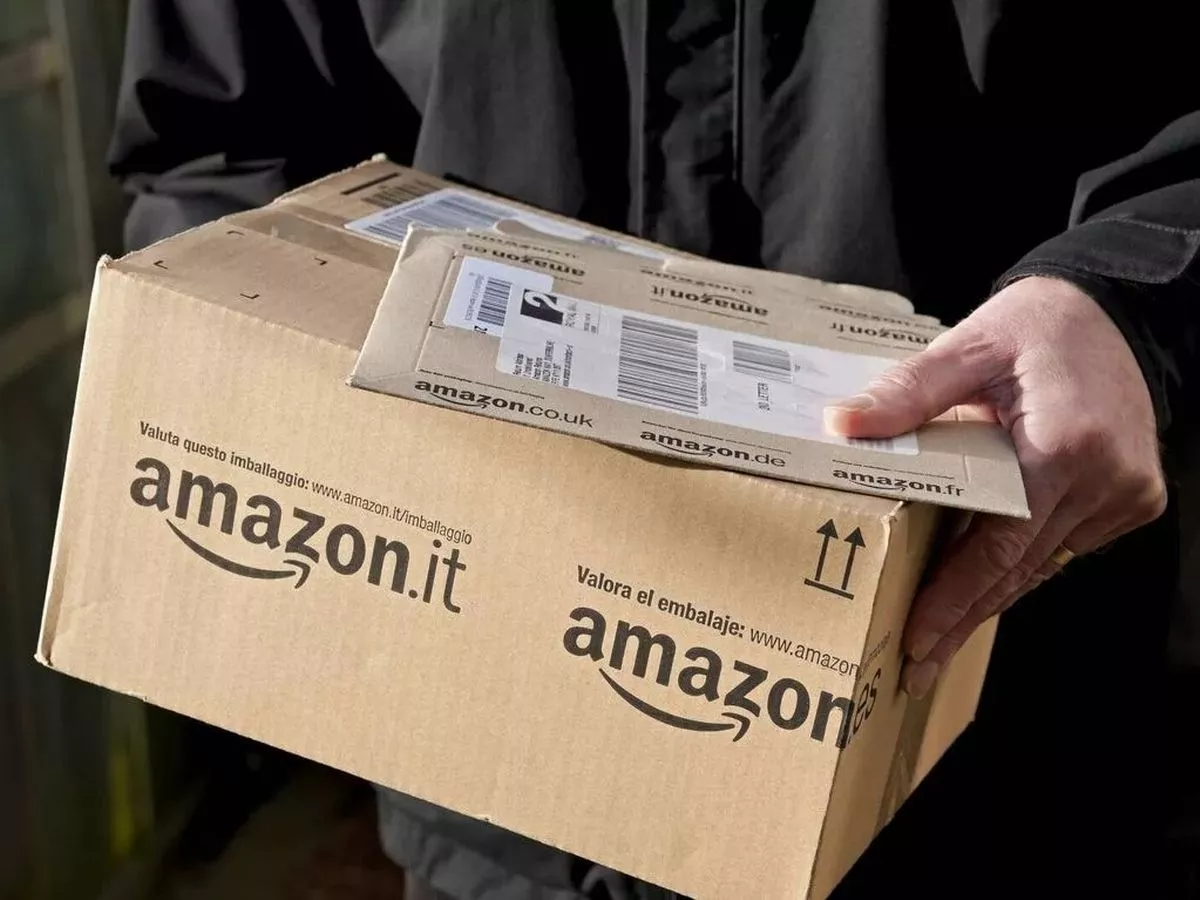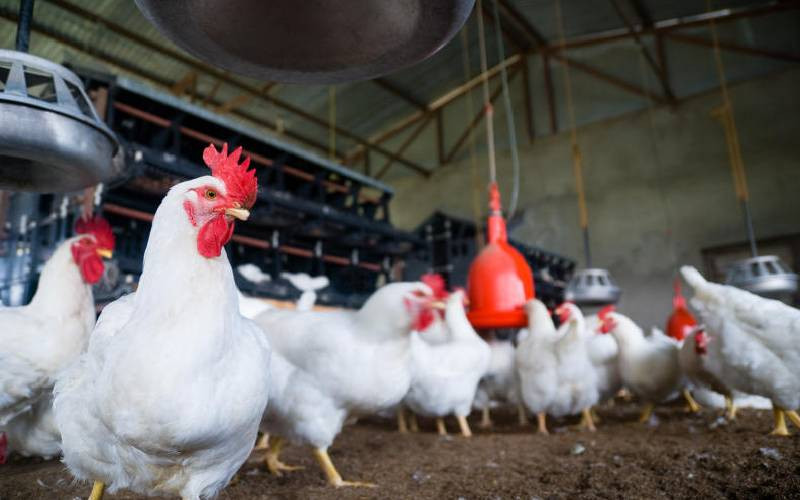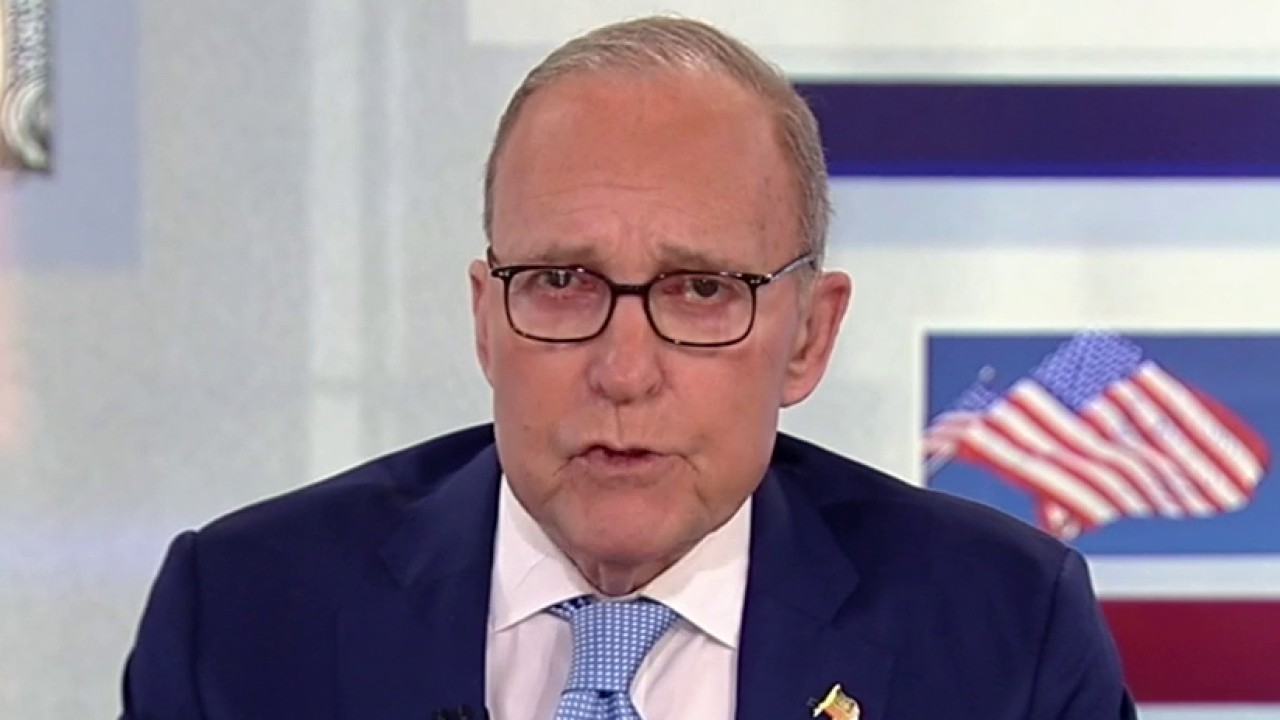Copyright thehindu

The Tamil Nadu Domestic Breeding Checkers (DBC) Workers Union and Doctors Association for Social Equality (DASE) have urged the State government to revoke the directive that penalises DBC workers by levying a fine of ₹200 and withholding a day’s wage if three dengue cases are reported in their area of work. A. R. Shanthi, joint general secretary of the union, said the number of DBC workers should be increased as per the rise in population, and factors such as mosquito proliferation and the impact of climatic changes. Noting that there are nearly 23,000 workers in the State, she said this is inadequate, and should be increased substantially as there is a need for at least two to three times higher number of workers. The State Health Department has said that there was a rise in dengue cases, 17,000 cases and nine deaths so far, she claimed. In many places, the workers were also terminated, adversely impacting mosquito control work. In Anthiyur (Erode), there are 10 workers as opposed to 28, while there are 15 workers in place of 24 in Chennimalai (Erode) and eight against 20 in Mugaiyur (Villupuram), she said. In many districts, these workers are also being deployed for tasks such as property tax collection, road inspections, rainwater harvesting checks, issuing vehicle parking tokens, and mobilising crowds for government events, they said. They were also engaged in works for the ongoing Special Intensive Revision of electoral rolls. The associations demanded that the directive imposing a fine on DBCs should be revoked, they should not be engaged in other works, should be given job security, and classified as semi-skilled grade I workers. DASE also raised the issue of super speciality medical seats going vacant in the State. G.R. Ravindranath, its general secretary, said that last year, more than 600 seats fell vacant in the country. In Tamil Nadu alone, 40 seats went unfilled. Though the Supreme Court directed to fill up the seats, many remain vacant. “In T.N., seats under the service quota have fallen vacant. To ensure that this does not happen, the rule that government doctors must complete at least two years of service to apply for the service quota must be relaxed for super speciality seats that remain vacant in the final round of counselling. Candidates with one year of service may be permitted, and if seats remain vacant, then freshers can also be allowed. All government doctors who have completed their MD/MS and have joined government service should be permitted to take the NEET-Super Speciality exam,” he said.



